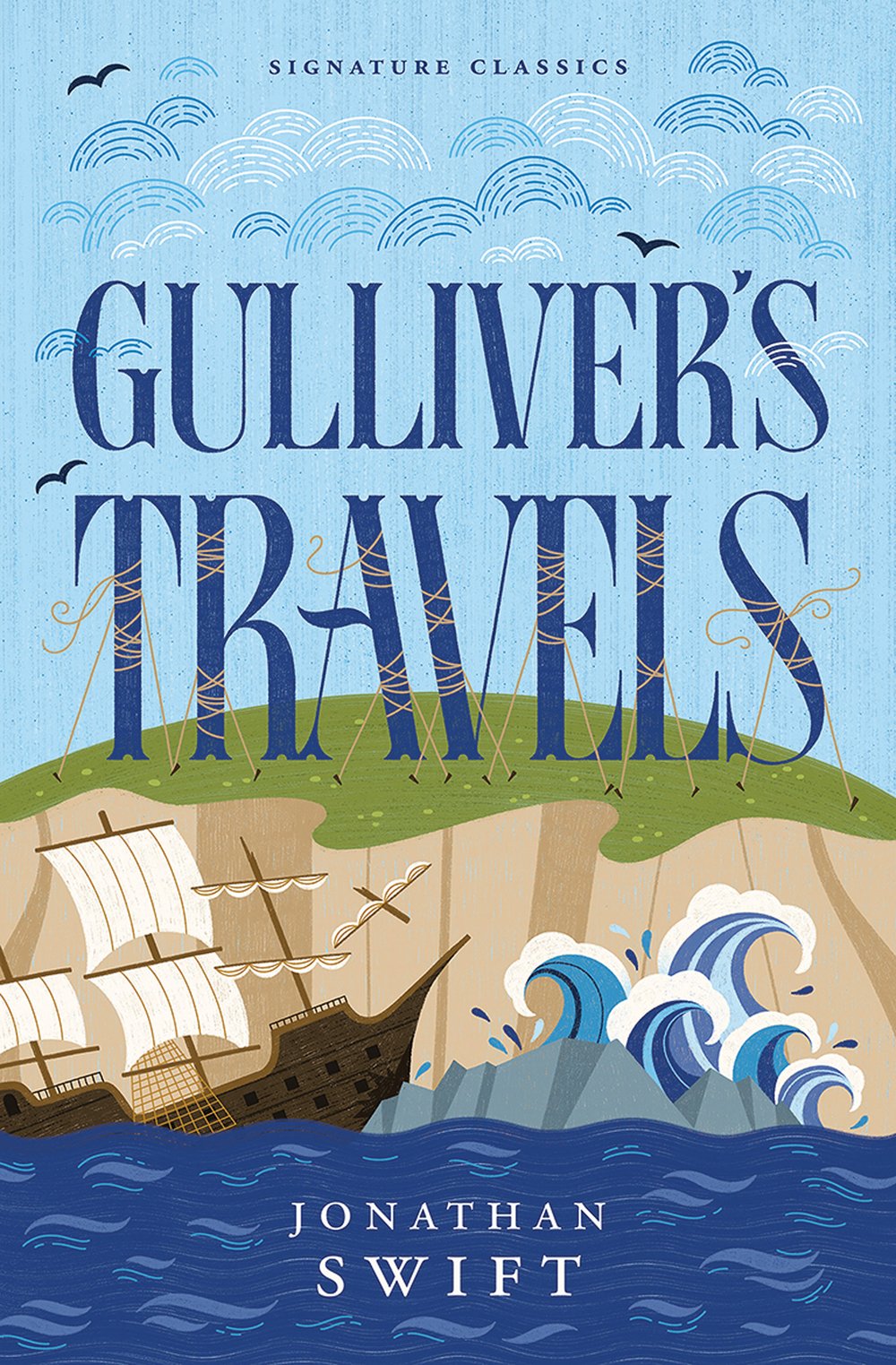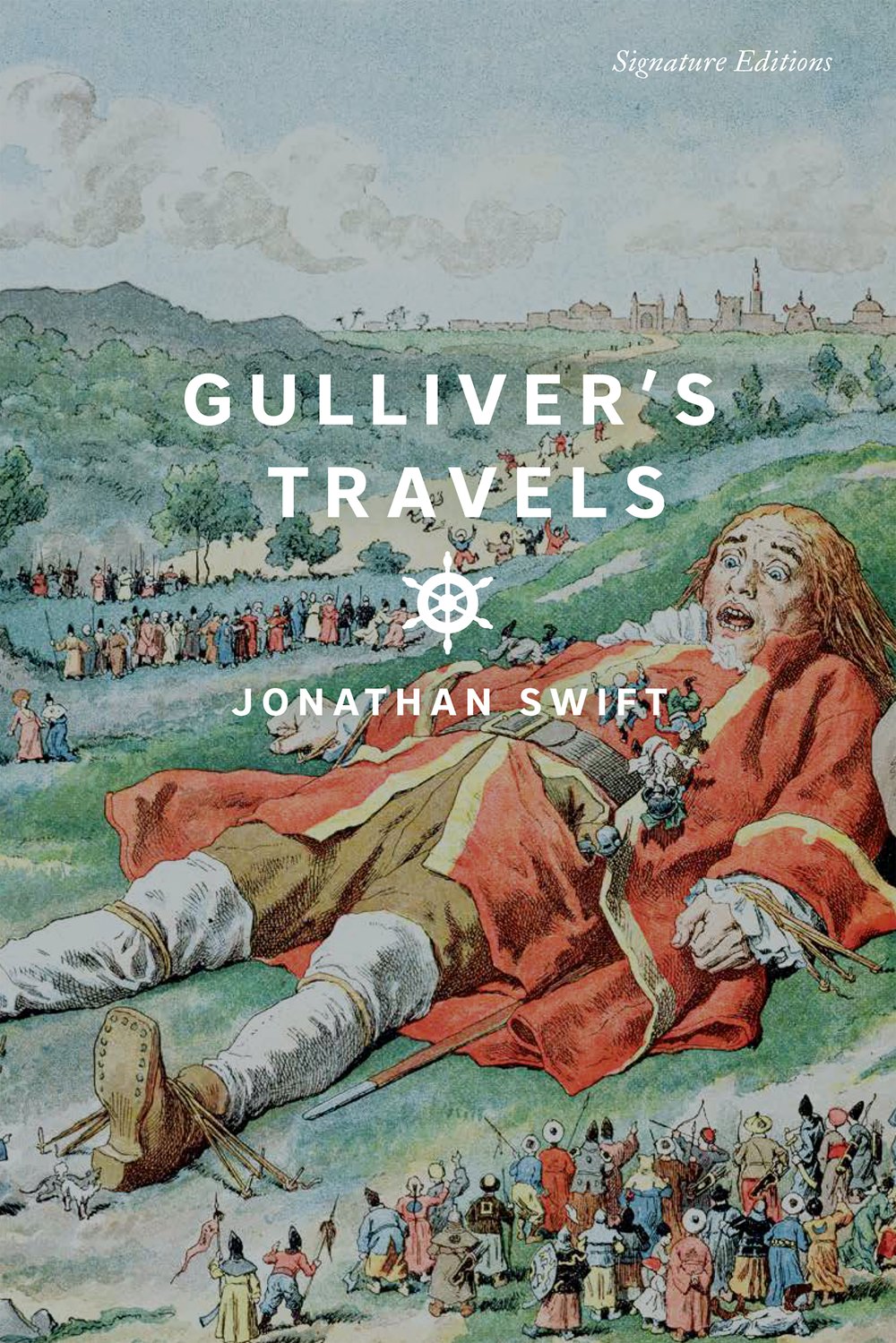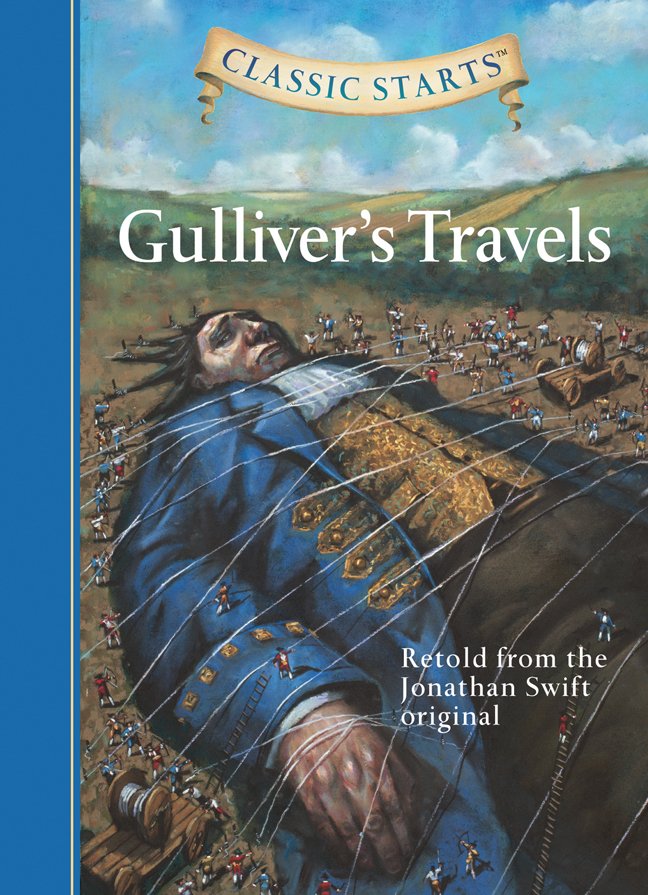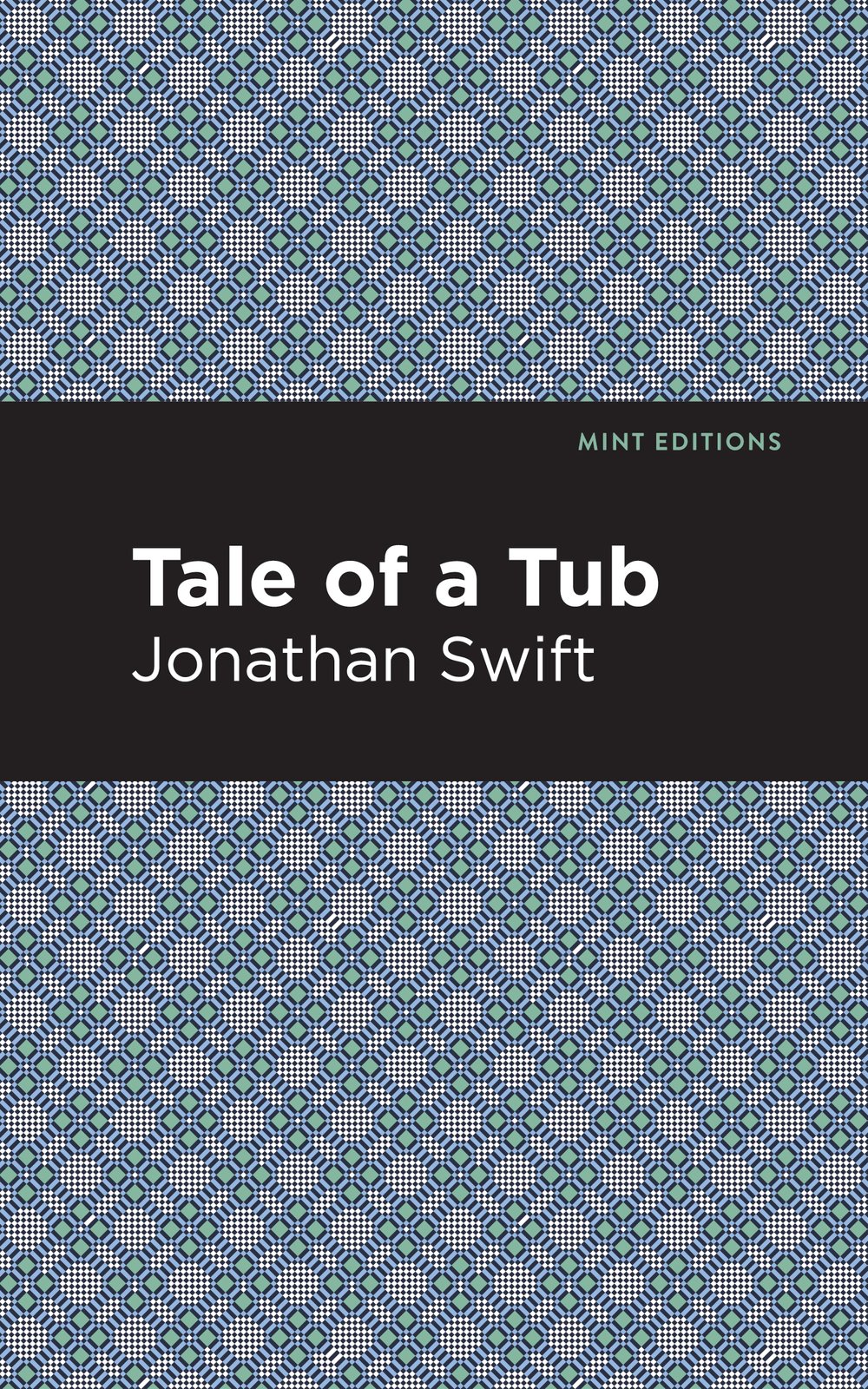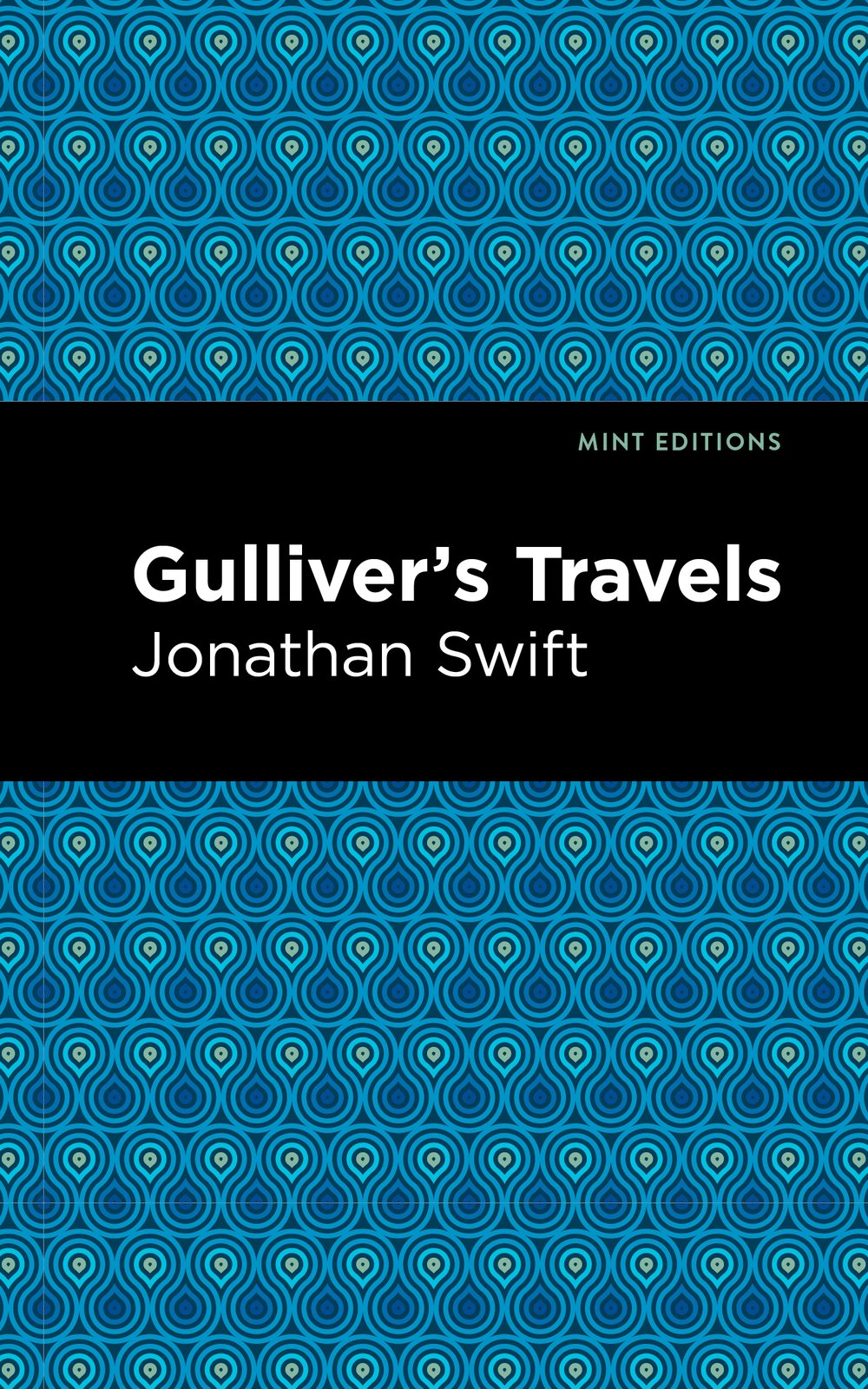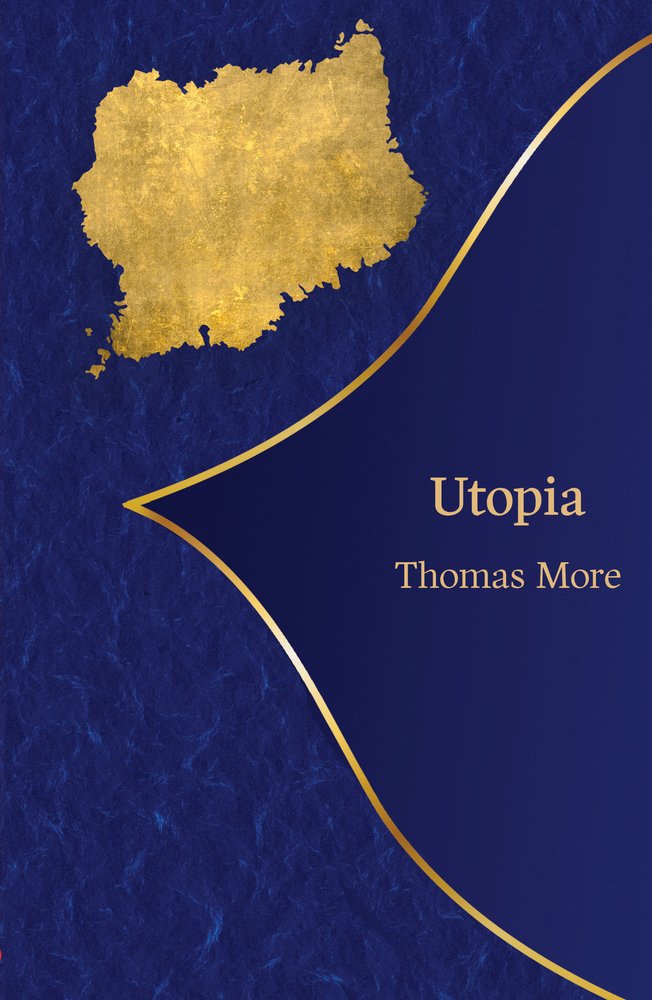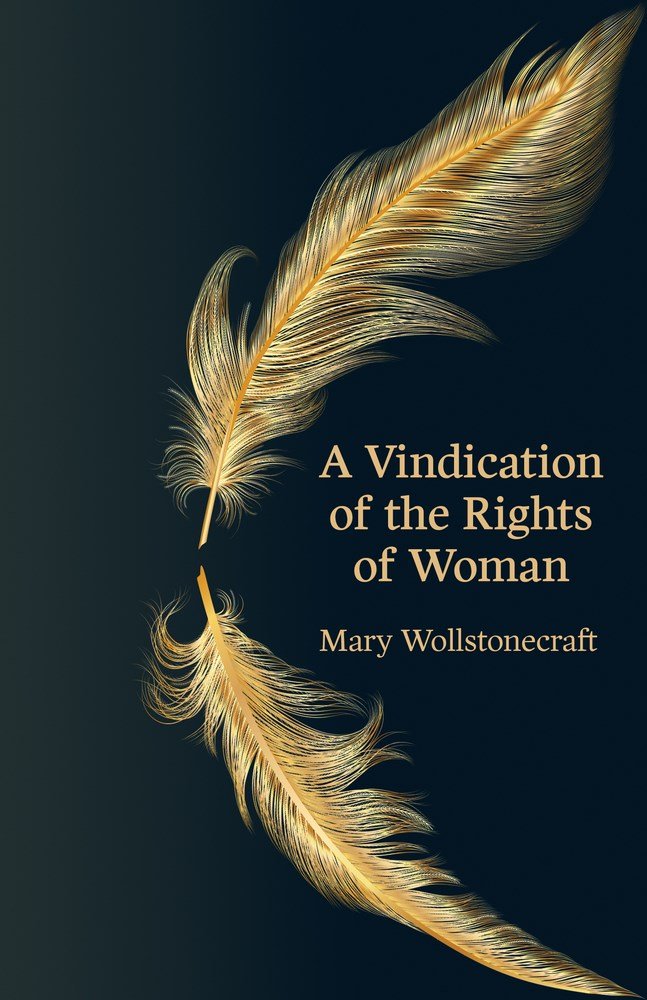A Modest Proposal
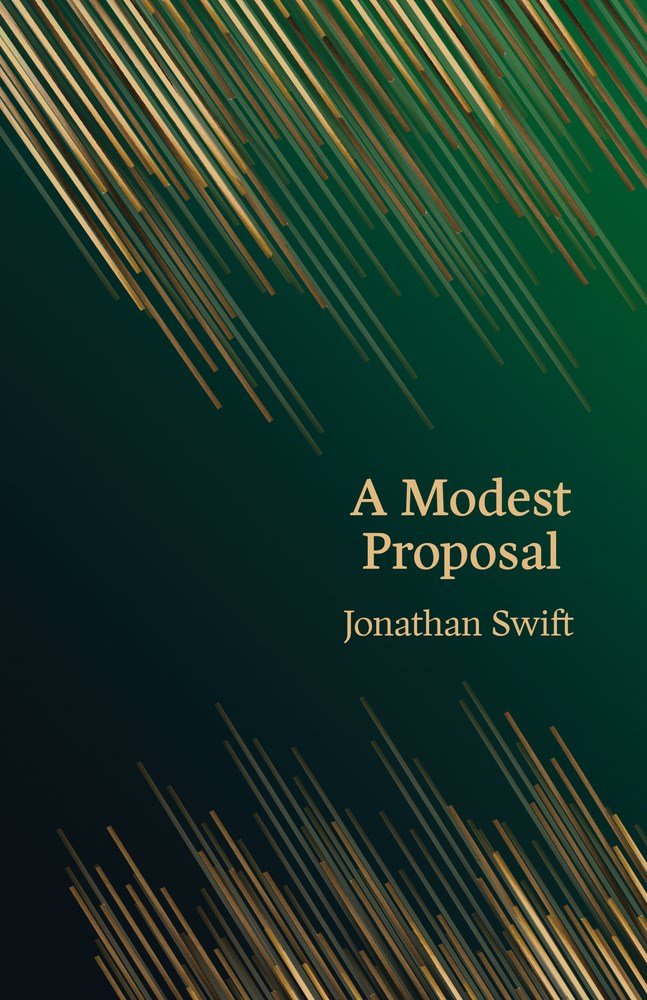
'A child will make two dishes at an entertainment for friends; and when the family dines alone, the fore or hind quarter will make a reasonable dish, and seasoned with a little pepper or salt will be very good boiled on the fourth day, especially in winter.'
Among Jonathan Swift's essays, the most notable piece is a later work A Modest Proposal (1729), which stands out for its sharp satire of the Irish upper classes’ ignorance and disregard for the impoverished. The author is known worldwide, however, for his novel Gulliver’s Travels (1726)–a tale widely admired for its nuance and allegorical potency.

Jonathan Swift (1667-1745) was a largely satirical author, journalist and priest born in Ireland. He received his education at Trinity College Dublin and later a Masters degree at Oxford. Swift often visited London and became a politically keen pamphleteer. He also edited a Tory newspaper The Examiner between 1710–14 and was a part of the so-called Scriblerus Club, which included the most outstanding Augustan literati such as Alexander Pope and John Gay. Swift was unable to advance to the position he anticipated within the Church of England as the misinterpretation of his 1704 work A Tale of a Tub came to haunt him stigmatizing Swift as a profane author. Consequently, he had to exile back to Ireland. Among his essays, the most notable piece is a later work A Modest Proposal (1729), which stands out for its sharp satire of the Irish upper classes’ ignorance and disregard for the impoverished. The author is known worldwide, however, for his novel Gulliver’s Travels (1726)–a tale widely admired for its nuance and allegorical potency.

